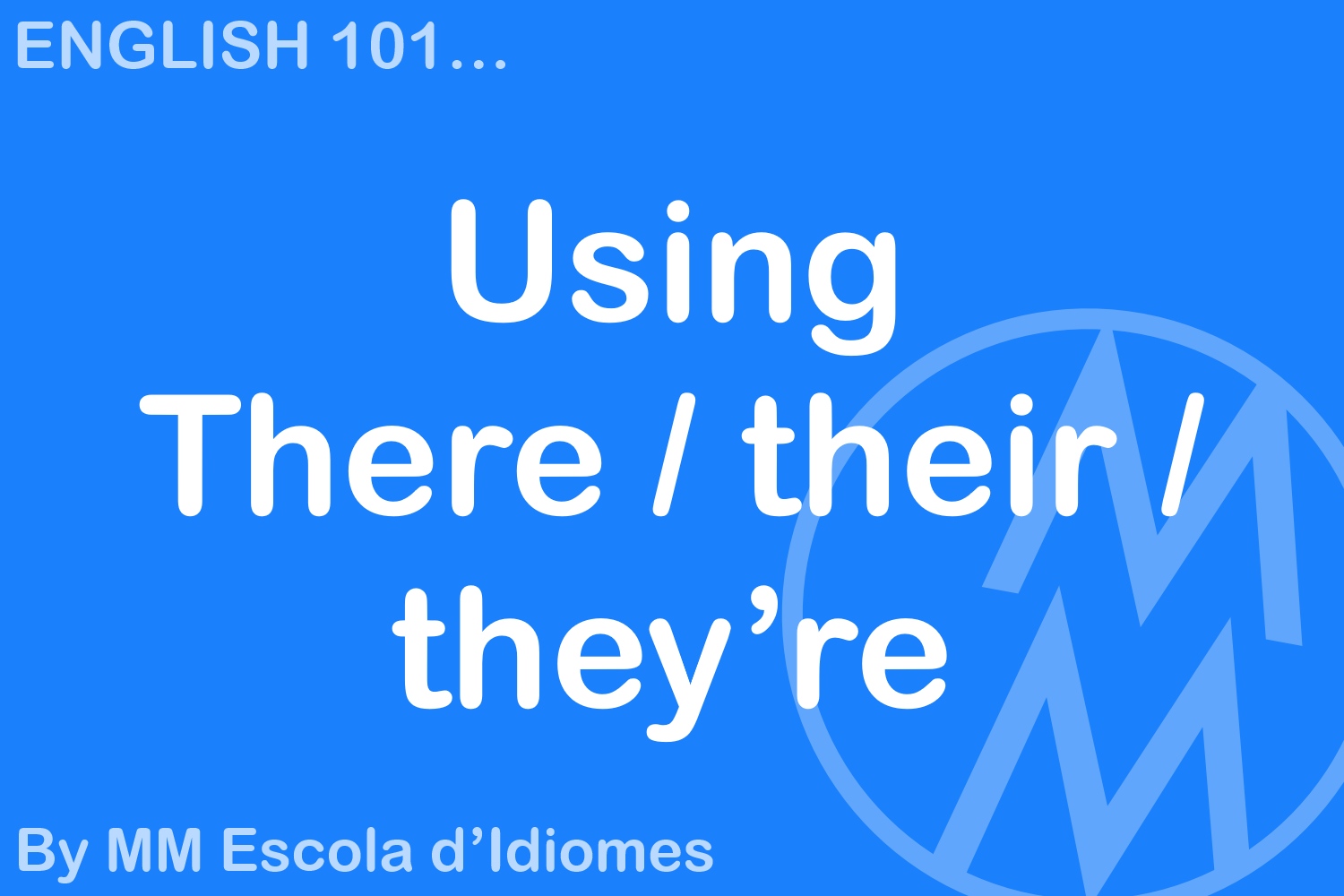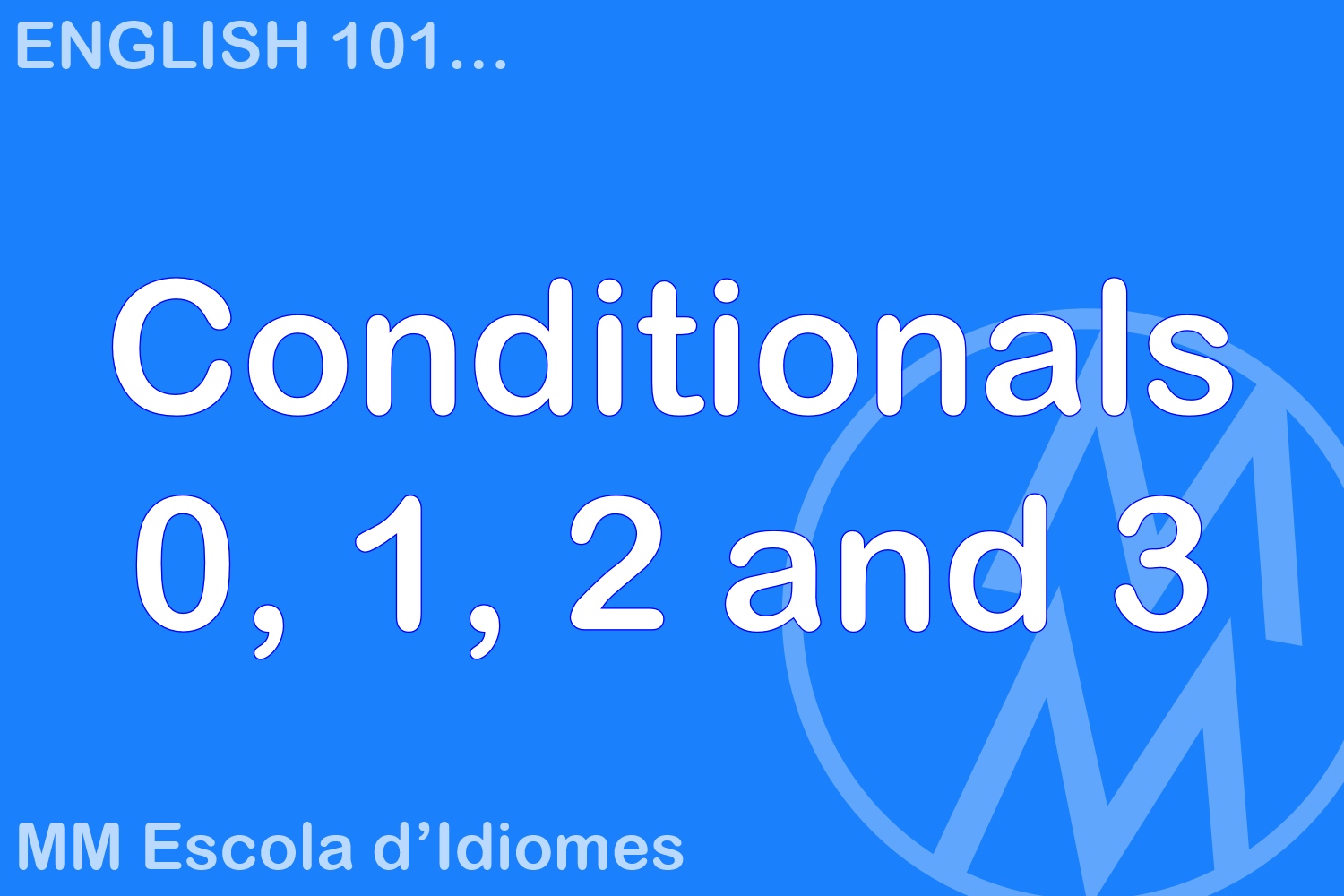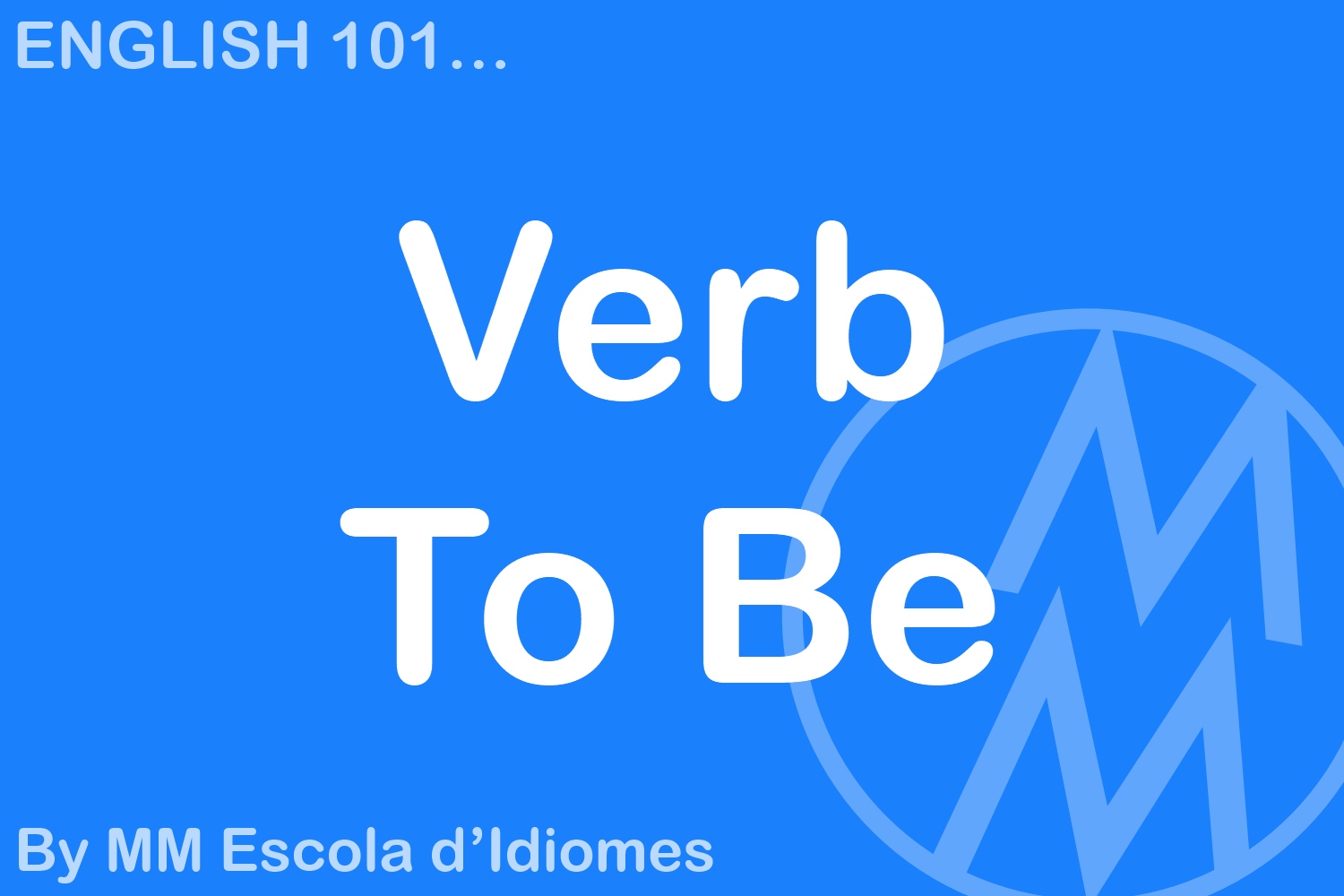Top Ten English Grammar Mistakes Beginners Make
Grammar is the foundation of any language, and it’s essential to master the basics to become fluent in English. However, even native speakers can make grammar mistakes, and it’s especially common for beginners. If you’re just starting to learn English, you might be making some common grammar errors. Here are the top ten English grammar mistakes beginners make.
1. Confusing “your” and “you’re”
One of the most common mistakes beginners make is confusing “your” and “you’re.” “Your” is a possessive pronoun, and it’s used to show possession or ownership. For example, “Is this your book?” On the other hand, “you’re” is a contraction of “you are.” For example, “You’re going to love this book.”
2. Using “there,” “their,” and “they’re” incorrectly
Another common mistake is using “there,” “their,” and “they’re” incorrectly. “There” is used to refer to a place or location. For example, “The car is parked over there.” “Their” is a possessive pronoun, and it’s used to show possession or ownership. For example, “Their car is parked over there.” “They’re” is a contraction of “they are.” For example, “They’re going to park the car over there.” Read our article explaining in more detail about using there, their and they’re.
3. Mixing up “it’s” and “its”
Beginners also tend to mix up “it’s” and “its.” “It’s” is a contraction of “it is.” For example, “It’s a beautiful day.” “Its” is a possessive pronoun, and it’s used to show possession or ownership. For example, “The cat licked its paw.”
4. Confusing “who” and “whom”
Many beginners also have trouble with “who” and “whom.” “Who” is used as a subject pronoun, and it’s used when referring to people. For example, “Who is going to the party?” “Whom” is used as an object pronoun, and it’s used when referring to people. For example, “To whom should I address the letter?”
5. Misusing apostrophes
Apostrophes are often misused by beginners. They are used to indicate possession or contractions. For example, “The cat’s toy” or “I’m going to the store.” However, beginners often add an apostrophe where it’s not needed, such as “apple’s” instead of “apples.”
6. Confusing “affect” and “effect”
Beginners also tend to confuse “affect” and “effect.” “Affect” is a verb, and it means to influence or change something. For example, “The rain affected the game.” “Effect” is a noun, and it means the result of something. For example, “The effect of the rain was a muddy field.”
7. Using “less” instead of “fewer”
Another common mistake is using “less” instead of “fewer.” “Less” is used to refer to things that can’t be counted, while “fewer” is used to refer to things that can be counted. For example, “There is less water in the ocean than there is land.” versus “There are fewer fish in the sea than there were before.”
8. Mixing up “who’s” and “whose”
Beginners also tend to mix up “who’s” and “whose.” “Who’s” is a contraction of “who is.” For example, “Who’s coming to the party?” “Whose” is a possessive pronoun, and it’s used to show possession or ownership. For example, “Whose car is parked outside?”
9. Confusing “then” and “than”
Beginners also tend to confuse “then” and “than.” “Then” is used to indicate a sequence of events, while “than” is used to make a comparison between two things. For example, “I went to the store, then I went home.” versus “I would rather have pizza than salad.”
10. Incorrect subject-verb agreement
Lastly, beginners often make mistakes with subject-verb agreement. The subject of a sentence should agree with the verb in terms of number (singular or plural). For example, “He runs every day,” but “They run every day.”
To avoid these common grammar mistakes, beginners should take the time to study the basics of English grammar and practice their writing and speaking skills. It’s also helpful to seek feedback from a tutor or native speaker to identify areas of improvement. As you become more comfortable with the language, these mistakes will become less common, and you’ll be well on your way to speaking and writing English fluently.
This article is also available in:










